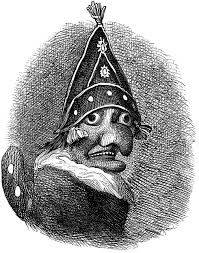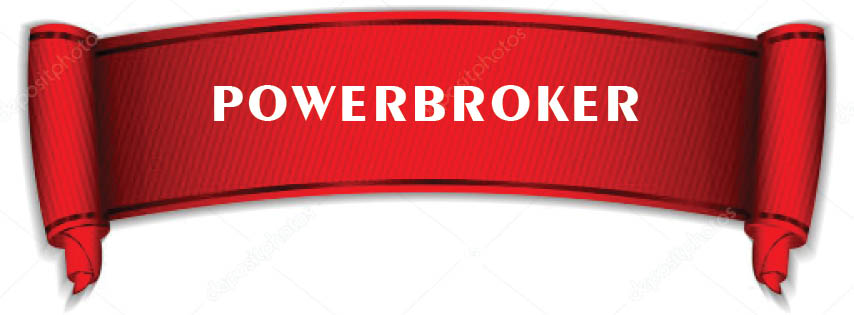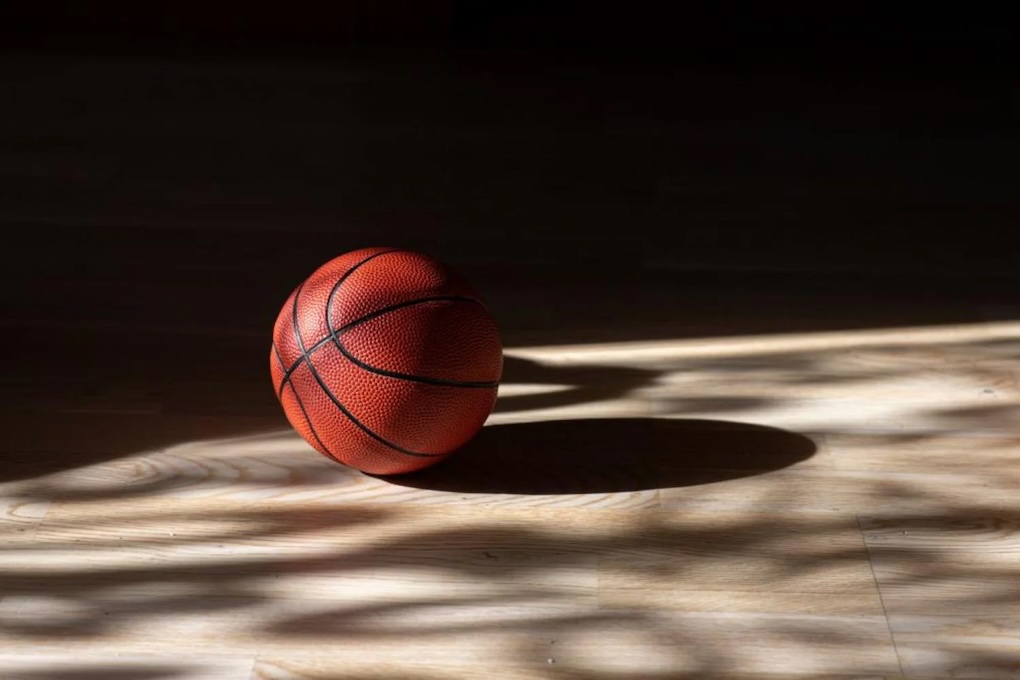Sent undercover by the FBI, financial advisor Marty Blazer infiltrated the innermost circles of college basketball. After stealing $2 million from his NFL client’s financial accounts, Blazer, in an attempt to avoid jail time, entered a plea agreement to covertly record thousands of hours of conversations with coaches from leading U.S. college teams. What they revealed was an epidemic of deception, bribery, and fraud in the NCAA Division I men's basketball tournament.
On 27 September 2017, the FBI and the Office of the United States Attorney for the Southern District of New York arrested 10 individuals; further implicating 20 U.S. colleges and universities; 25 current and former players, and global brands like Nike and Adidas. Spinning on the tip of his finger were the histories of thirty-seven different schools who’d won the tournament to date. UCLA (11); University of Kentucky (8); University of North Carolina/UConn (6); Duke University/Indiana University (5); University of Kansas (4); and Villanova University (3). Seven programs are tied with two national championships, and 23 teams have won the national championship once.
George Clooney and Grant Heslov’s Smokehouse have paired up with Amazon to acquire the screen rights to produce "Hot Dog Money: Inside the Biggest Scandal in the History of College Sports.” But fraud, money laundering, and bribery have a long and sordid history within the NCAA. The CCNY Point Shaving Scandal (1951), and the NCAA University Division men's basketball gambling scandal (1961), led to the National Basketball Association (NBA) actively preventing sports betting law relaxation over the next 30 years.
Until, that is, Adam Silver joined the NBA in 1992. Coincidentally, the same year the 102nd United States Congress defined and prohibited sports betting nationwide with the Professional and Amateur Sports Protection Act (PAPSA).
The 5th and current NBA Commissioner would become the first major sports leader to break from previous administrative opposition to gambling. "I believe that sports betting should be brought out of the underground and into the sunlight where it can be appropriately monitored and regulated," he wrote in the New York Times. In 2017, he predicted that "legalized sports betting is inevitable,” and as it happens the supreme court followed suit in 2018 by overturning PAPSA.
In the less than seven years since it’s repeal, regulated sports books have taken in over $500 billion from sports betting. In 2024, bettors placed $150 billion in bets via sports books (and lost $13 billion), but the rising popularity of prediction markets could be a game changer for U.S. sports books.
Prediction markets could disrupt U.S. sports books.
In 2018, the Supreme Court of the United States (SCOTUS) empowered the states to legalize sports betting. Asked if the federal government had the right to control state lawmaking, Murphy v. National Collegiate Athletic Association found the government had been running afoul of the Tenth Amendment for 25 years. “Today's Supreme Court decision opens the door for states to pass laws legalizing sports betting,” Silver said of the decision. “Regardless of the particulars of any future sports betting law, the integrity of our game remains our highest priority."
Currently, legal sports betting is available in 39 states, as well as Washington, DC, and Puerto Rico. Among them, approximately 30 legal sports books enable residents to place bets via the internet in the United States.
While Clooney’s project mined the kick backs and incentives of college sports, it revealed the billions generated every year to everyone but college athletes. That includes coaches, broadcasters, network executives, sports books, and prediction markets seemingly next in line. In hopes of a pro career, college athletes vie for ASM scholarships and tuition from the NCAA under the banner of amateurism.
Blazer’s story begins in 2013 when summonsed to Manhattan to explain defrauding his football star clients of some $2 million dollars. To avoid jail time, Blazer reveals an industry standard within the NCAA called “Hot Dog Money.” Plying college athletes with perks was debunking the spirit of amateur competition and sportsmanship.
Armed with a recording device to hunt criminal conspiracies inside NCAA sports, Blazer spied on coaches, agents and lawyers to ferret out the industry’s real players like Christian Dawkins, who later acknowledged paying college basketball recruits during his trial in Brooklyn. “We were definitely paying players, yes,” he said. “Everyone was paying players.”
The NCAA — a nonprofit organization that regulates student athletics among approximately 1,100 schools in the United States — split into three divisions in 1973. It generated a record $1.38 billion in revenue in 2024, most of which came from the Big Dance. Specifically, from broadcast rights, ticket sales, corporate sponsorships, and television advertising.
With a long and established list of rules that distinguish college athletics from professional sports, the NCAA historically disallowed "non-cash education-related benefits," including scholarships, endorsements and internships that might give the appearance of "pay to play.”
But when a consortium of athletes complained the NCAA was profiting off their names and likeness without compensation, a district judge in the Ninth Circuit agreed in O'Bannon v. NCAA.
NCAA appeals to the Supreme Court in 2020, asking the High Court to review if or whether the Ninth Circuit's decision enables a "pay for play" culture which they called the “antithesis of amateurism.” What college athlete would refuse a $500,000 per semester ‘internship’ with Nike? The Supreme Court weighed in and found the NCAA's restrictions on education-related benefits for student-athletes violated antitrust laws in NCAA v. Alston.
Herewith, the court unanimously sided with college athletes in an antitrust challenge to the college-sports association's rules against compensating athletes; whereafter the NCAA quickly changed its policies to allow college athletes and recruits to earn money through endorsement deals and personal appearances. In play was the antitrust principle, a collection of mostly federal laws that regulate the conduct and organization of businesses in order to promote competition and prevent unjustified monopolies.
When Blazer was meeting with conspirators in five-star luxury hotel suites, he launched a covert business operation called LOYD (Live Out Your Dreams). Like a ball hog with access to hundreds of thousands of FBI dollars, Blazer flushed out the schools, coaches, broadcasters, and network executives just as sports betting was becoming legal and prediction markets looming. In 2018, SCOTUS struck down the Amateur Sports Protection Act and today 39 states have legalized sports gambling. Which brings us full circle to the Final Four at San Antonio’s Alamodome, and the winners advancing to the national championship game.
Even if more viewers tuned in to the women’s championship last year (18.9 million) than the men's (14.8 million), gamblers are expected to wager $3.1 billion through legal means on both the NCAA men’s and women’s basketball tournament in 2025, according to the American Gaming Association. That's twice the amount they placed on Super Bowl LIX (1.39 billion), and the symbolic tip-off between some 30 licensed sports books and the $240 billion gaming industry in the United States.
While the moneyline betting favorite is Duke, all four No. 1 seeds advanced to college basketball's final weekend for the first time this century. Pivoting around regulatory approval, Kalshi intends to invite the entire world to “Make $ on March Madness” using its nascent prediction market platform. Yet somewhere beyond the easy money, endorsements, and wise guys lies a revolution. Not about basketball shoes, or sports books and prediction markets, but rather something else Blazer twigged on to after his fall and called, LOYD: Live Out Your Dream. In the end, the house doesn't actually beat the player. It simply presents the player with an opportunity to beat themselves.
Archives










